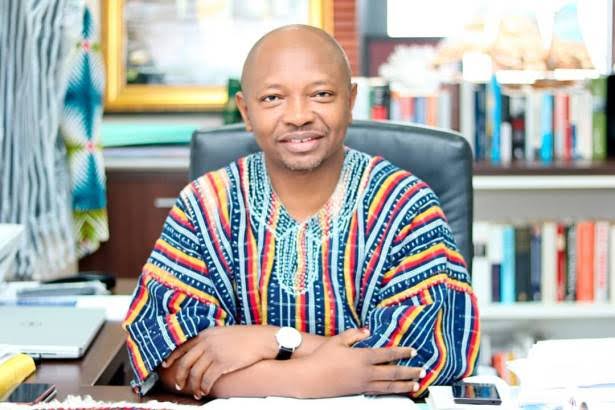The Trans-African Tourism and Unity Campaign on Monday strongly criticised African governments for enforcing visa policies that undermine the goal of a united and prosperous continent.
Speaking at a press conference held at the Ghana High Commission in Abuja, campaign leader Ras Mubarak described the current state of travel within Africa as “a tragedy.”
Mubarak called on governments across the continent to abolish “colonial-era visa regimes” that, in his view, continue to create unnecessary divisions among African nations.
“Today in Africa, it is easier for a West African national to get a Schengen visa than it is for a West African national to get visas to some Southern African countries.
“Today, it is easier for a Southern African national to travel to, say, Istanbul in Turkey than to get a visa to, say, Gambia. That is the tragedy of our situation.
“We are looking forward to dismantling the visa barriers that fragment our continent, that stifle tourism, and that hinder the free movement of 1.4 billion Africans.
“Now, these barriers, distinguished ladies and gentlemen, are remnants of colonial divisions that contradict the African Union’s Agenda 2063 vision of a united, prosperous Africa,” he said.
Mubarak and a team of seven are undertaking a 40,000-kilometre journey through 39 African countries to advocate for a visa-free continent. The campaign, now in Nigeria, has already covered over 1,100 kilometres from Ghana through Togo and Benin.
Their journey, however, has been bogged down by the very policies they are campaigning against.
“The journey to embark on this campaign has cost eight of us $11,800 in visa fees alone. You can imagine what that money would do if it were to be spent, you know, on the road to buy fuel or food or even souvenirs.”
He argued that dismantling visa restrictions would not only boost tourism but also stimulate economies and reduce unemployment.
“If we are trading more amongst ourselves, if we’re opening our borders and inviting each other into our respective countries, you can imagine the jobs that this would create. You can imagine the tourism revenue. You can imagine even understanding each other.”
Mubarak challenged African governments to follow the example of Kenya and Benin, which have scrapped visa requirements for African nationals.
“Kenya has decided to dismantle all visa requirements for all African nationals. And if Kenya can do it, what stops Ghana from doing it? What stops Nigeria from doing it?” the leader noted.
He acknowledged Ghana’s recent visa-free policy announcement but said implementation had stalled. “Indeed, it is a fact that in 2024, Ghana announced that all Africans can come into our country without a visa.
“The implementation has been slow. And hopefully in the next 24 months, that should be able to be possible in Ghana.”
Asked about policy expectations, Mubarak stated bluntly: “The first thing would be to see governments in Africa accept having a visa-free policy, where every African national picking their passport can fly in, drive into, or walk into another African country.”
But he warned that political commitment was lacking. “Africans are excited and willing to give visas on arrival to Europeans and North Americans, than to allow their own African brothers and sisters to come into our respective countries.”
Mubarak described the psychological legacy of colonialism as a major barrier.
He also cited corruption at border posts as a persistent problem. “We have seen incidents at the various borders all over Africa, where border patrol officers are seeking to extort money, even if the African has genuine papers.”
Criticism extended to pan-African institutions. Mubarak said attempts to engage with the African Continental Free Trade Area, headquartered in Accra, had been met with silence.
He added, “We have written to the Economic Community of West African States, we have written to the African Union, we have written to the East African Community. Sadly, except ECOWAS, we haven’t received any formal responses to calls to engage.”
Despite institutional apathy, Mubarak expressed faith in grassroots mobilisation and media pressure. “Change comes from the bottom. If we have got the masses on our side with a sufficient amount of pressure, we would eventually have this thing happen.”
Responding to security concerns raised about free movement, Mubarak dismissed fears of mass migration or instability. “Nigerians haven’t flooded Benin. Nigerians haven’t overrun Benin. The big brother of West Africa has not flooded Ghana,” the leader noted.
The campaign continues on to Cameroon, Equatorial Guinea, Gabon, and beyond. Mubarak and his team aim to return to Ghana in January 2026, after 163 days on the road.
-Advertisement-
Grab our latest Magazine, "Chief Wole Olanipekun, CFR, SAN, A man of wide horizons and deep intentions". Get your order fast and stress free.
For more details about Newswire Law&Events Magazine, kindly reach out to us on 08039218044, 09070309355. Email: newswiremagazine@yahoo.co.uk. You will be glad you did






